Solar energy has become one of the primary choices of those looking for an environmentally friendly, sustainable and economical energy solution in the long term. However, the answer to the question ‘Which is the best solar energy system?’ depends on many factors. Criteria such as the efficiency of the systems, installation cost, the characteristics of the area to be used and your energy needs are the main factors that affect you to make the right choice. In this article, we will discuss in detail why the most efficient system is the best choice.
When evaluating a solar energy system, you should take into account not only the cost, but also the long-term gain and energy production capacity of the system. The best solar energy systems are those equipped with panels with high efficiency rates, minimising losses in energy conversion, durable and suitable for environmental conditions. Choosing the right system not only meets your energy needs, but also contributes to the environment by reducing your carbon footprint.
A more efficient solar energy system allows you to produce more energy with fewer panels. This means both a smaller footprint and lower maintenance costs. Therefore, when choosing the best solar energy system, prioritising technologies and quality components that will ensure maximum efficiency in energy production will be the right investment both economically and environmentally.
What are Efficient Solar Energy Systems?
Solar energy stands out among renewable energy sources with its efficiency and environmentally friendly structure. However, the actual efficiency of a solar energy system depends on the technology used, the characteristics of the installation area and the correct optimisation of the system. One of the most important factors that increase efficiency is that solar panels are made of quality materials and have a high energy conversion rate. For example, monocrystalline panels are among the options that offer the highest efficiency in terms of energy production capacity.
n efficient solar energy system not only maximises energy production, but also provides long-term cost savings. These systems should be supported by inverters that minimise energy losses, high quality mounting equipment and durable connection structures. In addition, a design optimised according to the amount and angle of solar radiation of the installation area directly affects the performance of the system. Therefore, it is of great importance to work with an expert team during the project design phase.
Efficiency is also associated with ease of maintenance and system lifetime. A system equipped with quality components can provide high performance for many years with regular maintenance and cleaning. In this way, you can both meet your energy needs and reduce your carbon footprint. Today's technology offers the opportunity to analyse and optimise energy production with smart monitoring systems, further increasing the efficiency potential. With the right choices, it is possible to get the maximum benefit from solar energy!
How to Make Solar Energy Systems More Efficient?
Increasing the efficiency of solar energy systems depends on many factors, from the technology used to environmental conditions. Steps such as the correct positioning of the system, regular maintenance and the application of technological developments provide maximum benefit in energy production. In particular, the orientation and tilt of the solar panels should be optimised to capture the sun's rays in the best way. In addition, efficiency can be further increased with modern technologies and supporting systems.
Suggestions for Making Solar Energy Systems More Efficient:
- Use of Solar Tracking System: These systems, which enable the panels to follow the movement of the sun, can increase energy production by 25-30%.
- Choose High Efficiency Panels: Prioritise technologies with high energy conversion rates, such as monocrystalline panels.
- Correct Positioning: Ensure that the panels are mounted at an angle to optimise sunlight and in an area free from shading.
- Regular Maintenance and Cleaning: Cleaning the panels from external factors such as dust, dirt and leaves has a positive effect on energy production.
- Add Energy Storage Systems: You can make the system more efficient by storing excess generated energy.
- Increase Inverter Efficiency: Using modern inverters that minimise energy loss improves system performance.
- Weather Resistant Equipment: You can extend the life of the system with equipment resistant to heavy rain, snow or temperature changes.
- Energy Monitoring and Optimisation Technologies: With smart systems, you can instantly monitor energy production and optimise performance.
In order to get full efficiency from solar energy systems, a combination of these steps should be applied. In particular, solar tracking systems offer a dynamic solution, allowing maximum radiation to be captured throughout the day. In addition, regular maintenance and the use of modern components make it possible for the system to operate effectively for many years. Thus, you both use an environmentally friendly energy source and save money.
Best Solar Energy Systems
The best solar energy systems stand out with their high efficiency rates, durable structures and features that provide cost advantages in the long term. These systems not only meet the energy needs of users, but also contribute to sustainability goals by offering an environmentally friendly solution. Factors such as panels with high energy conversion rates, advanced inverters and smart energy management systems play a critical role in system selection. In addition, a correct project design and professional installation ensure long-lasting and effective operation of the system.
Features that make up the best solar energy systems:
- High Efficiency Panels: Monocrystalline or bifacial panels provide superior performance in energy production.
- Solar Tracking Systems: It maximises energy production throughout the day by monitoring the movement of the sun.
- Energy Storage Solutions: Advanced battery systems offer continuous use by storing excess energy.
- Advanced Technology Inverters: Modern inverters that minimise energy loss and provide more efficient conversion.
- Modular and Scalable Design: Systems that can be expanded according to energy needs offer long-term flexibility.
- Durable Materials: Equipment that withstands harsh weather conditions extends the life of the system and reduces maintenance costs.
- Intelligent Energy Management Systems: Improves energy efficiency by providing real-time performance monitoring and optimisation.
- Correct Installation and Optimisation: Mounting the panels with the right angle and direction directly affects the performance of the system.
The best solar energy systems, when implemented with the right selection of components and a professional approach, offer an ideal solution for both individual and commercial users. These systems not only reduce energy costs, but also increase the contribution to the environment by reducing carbon emissions. In today's world where technology is constantly evolving, these systems continue to offer revolutionary opportunities in energy conversion.
Frequently Asked Questions about the Best Solar Energy Systems
1. Do solar energy systems really work in my home?
Yes, solar energy systems are an effective solution to meet your energy needs. In regions where solar radiation is sufficient, you can greatly reduce or even completely eliminate your electricity bill with a properly designed system.
2. Which type of solar panel is the most efficient?
Monocrystalline solar panels are one of the most efficient options with high energy conversion rates. In addition, bifacial panels also increase efficiency by receiving light from two sides.
3. Is solar energy system installation cost high?
The installation cost may seem high at the beginning, but it pays for itself with the energy savings you will achieve in the long run. In addition, government incentives and tax advantages in some countries can also reduce these costs.
4. Can solar energy systems be used in every region?
Yes, but efficiency depends on the amount of solar radiation. It works more efficiently in areas with more sun, but there are also systems that adapt to low light conditions.
5. Do solar panels work in winter or cloudy weather?
Yes, solar panels produce energy even in cloudy weather and in winter. However, as the intensity of sunlight decreases, the amount of production may decrease.
6. Is solar energy system maintenance difficult?
No, maintenance is quite easy. It is usually sufficient to clean the panels regularly and check the equipment. In addition, systems installed with quality materials are durable for a long time.
7. Are solar tracking systems really useful?
Yes, solar tracking systems allow panels to follow the movement of the sun and can increase energy production by 25-30%. However, these systems come at a slightly higher cost.
8. How can I utilise excess energy?
You can use battery systems to store excess energy. In some countries, it is also possible to sell excess energy in grid-connected systems.
9. How durable are solar energy systems?
Systems manufactured from quality components usually last 25-30 years or longer. In addition, warranted panels and inverters ensure system longevity.
10.What is the contribution of solar energy systems to the environment?
Solar energy systems reduce carbon emissions by reducing fossil fuel consumption. As an environmentally friendly energy source, it makes a significant contribution to sustainability.


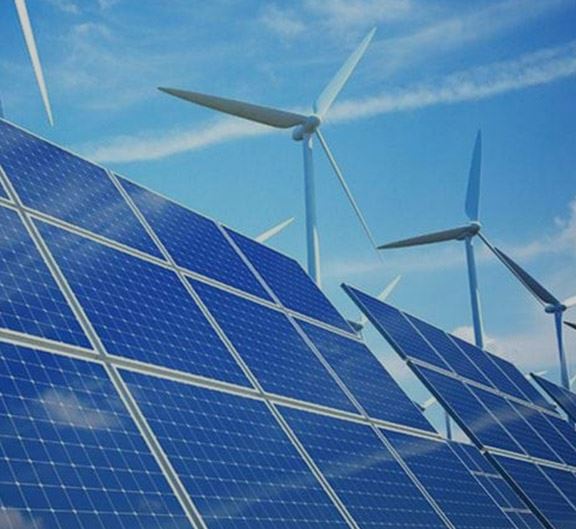
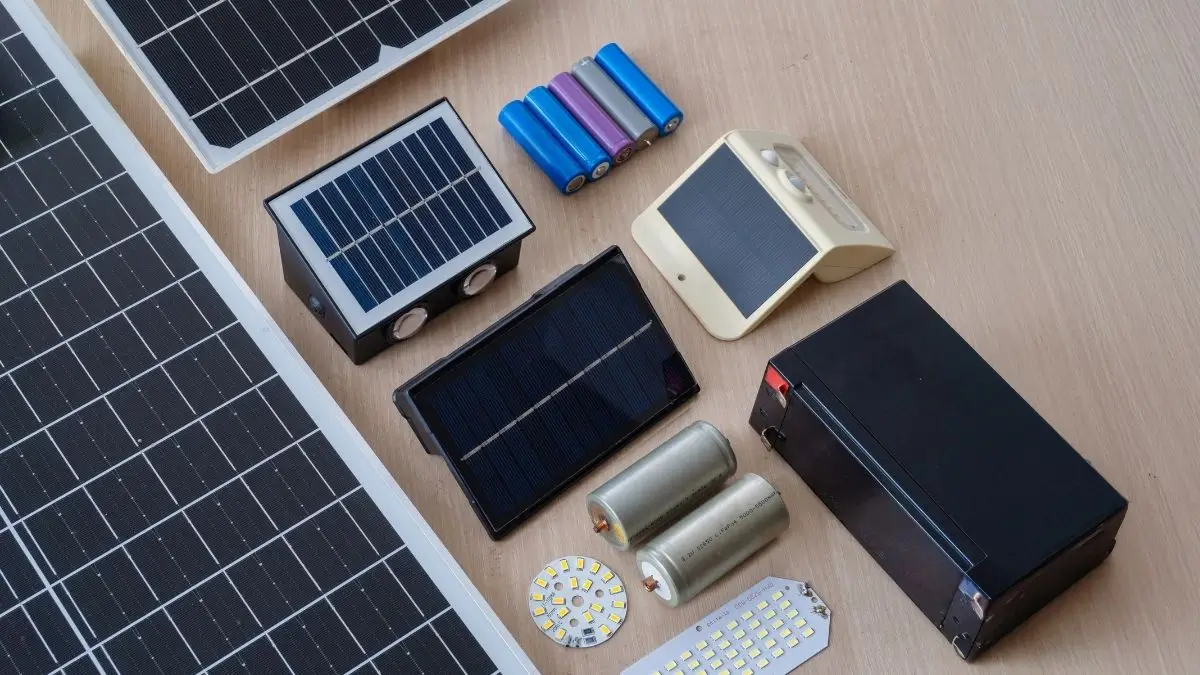
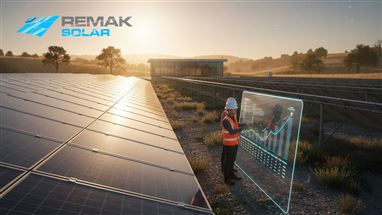
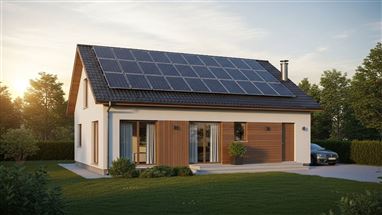
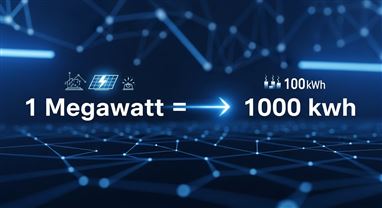
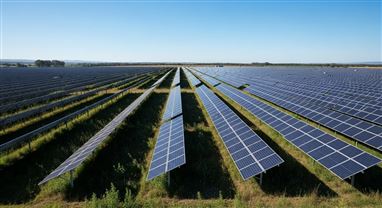
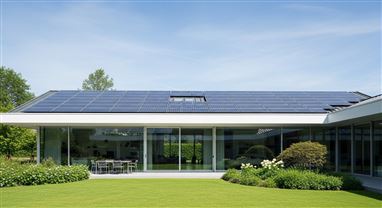
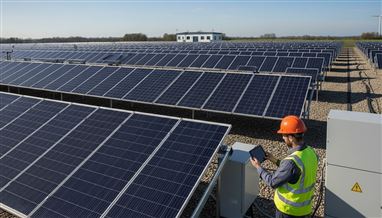
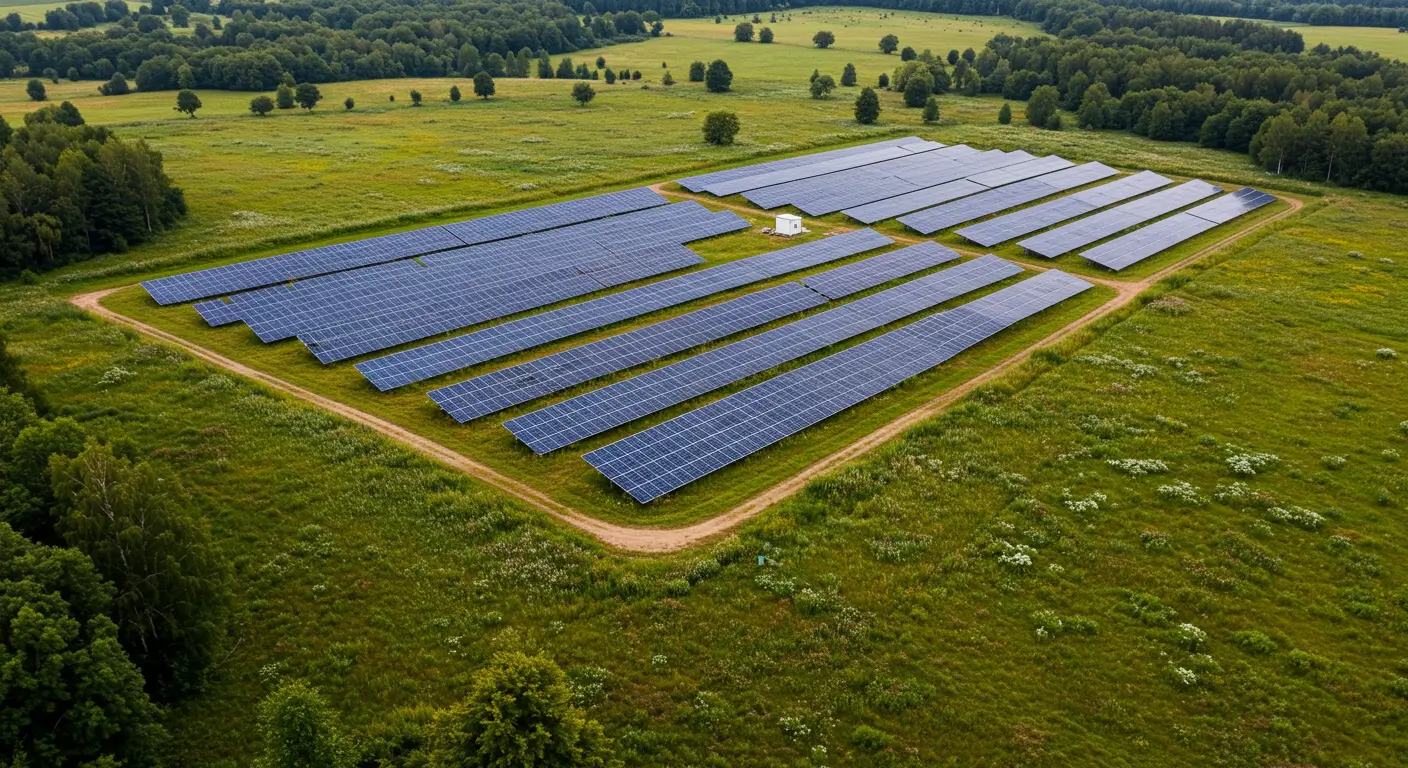
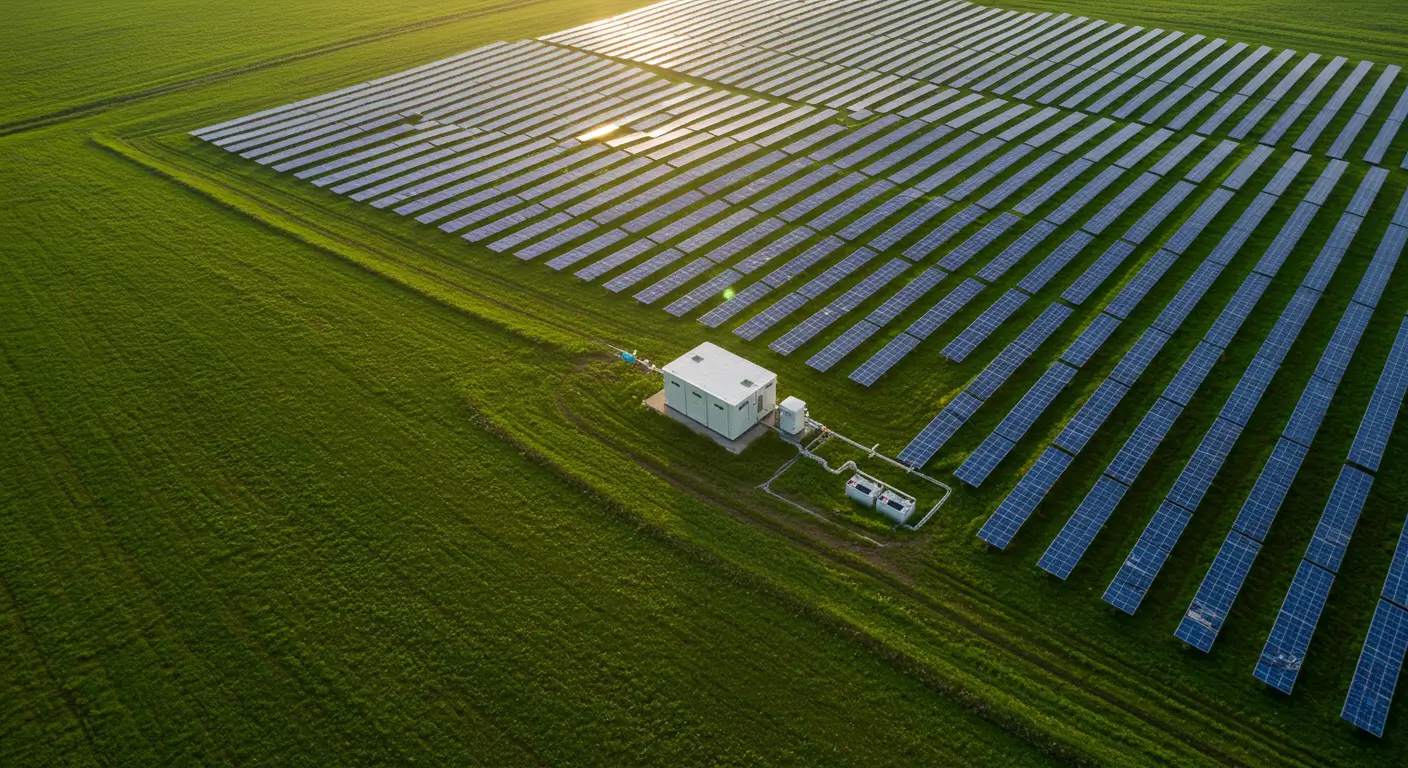
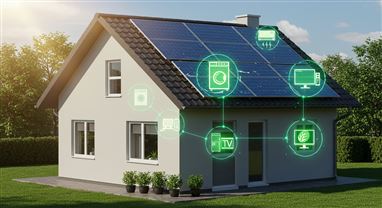
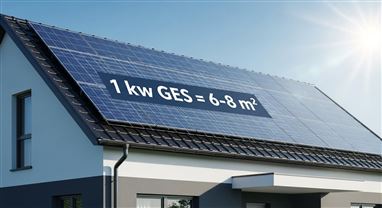
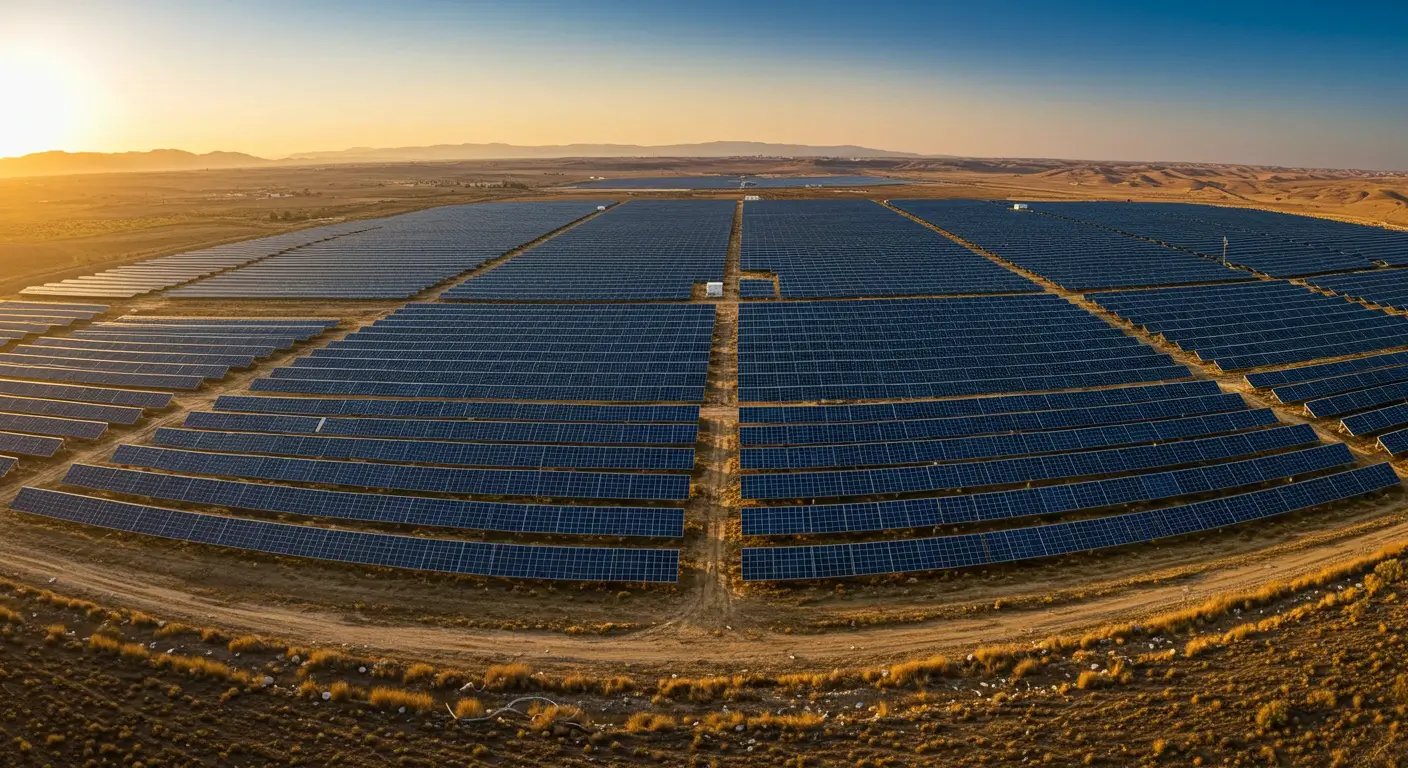
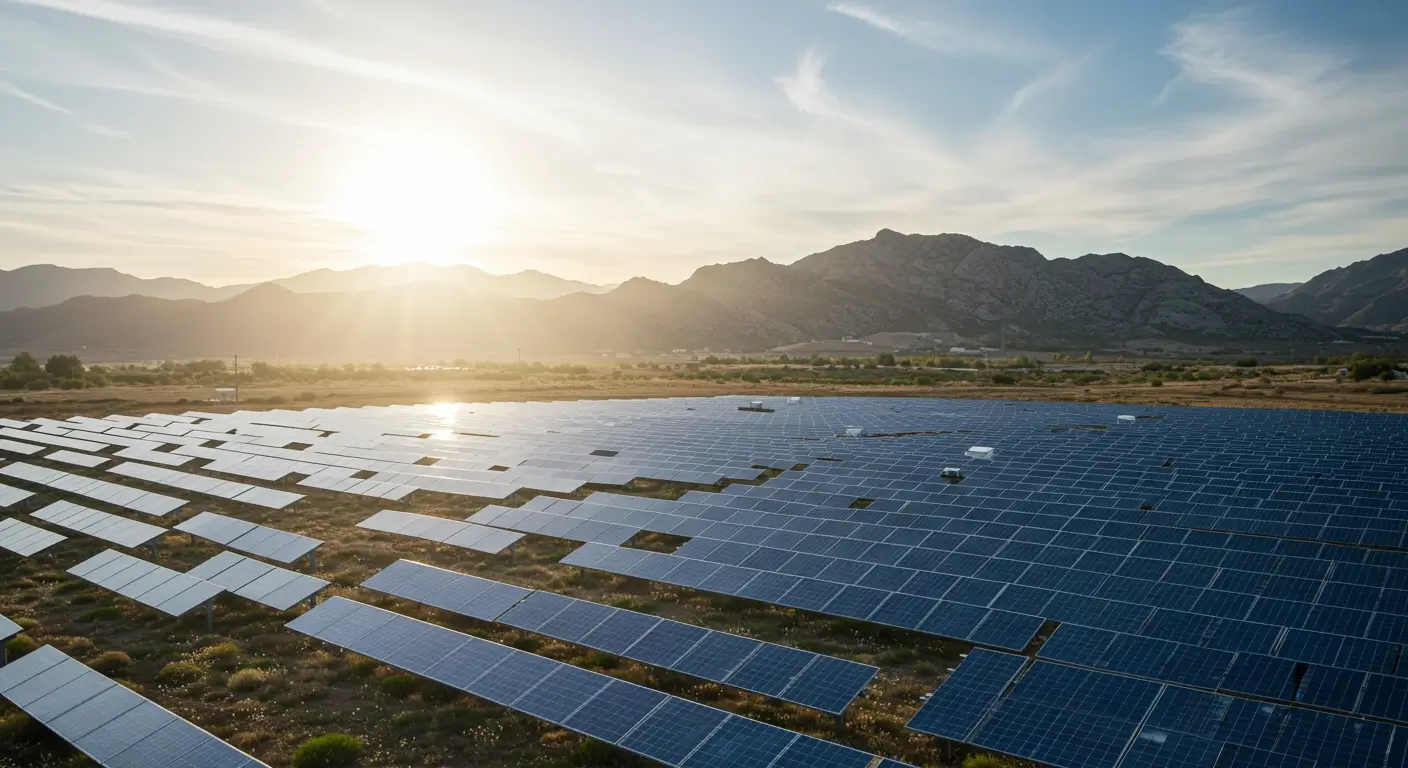
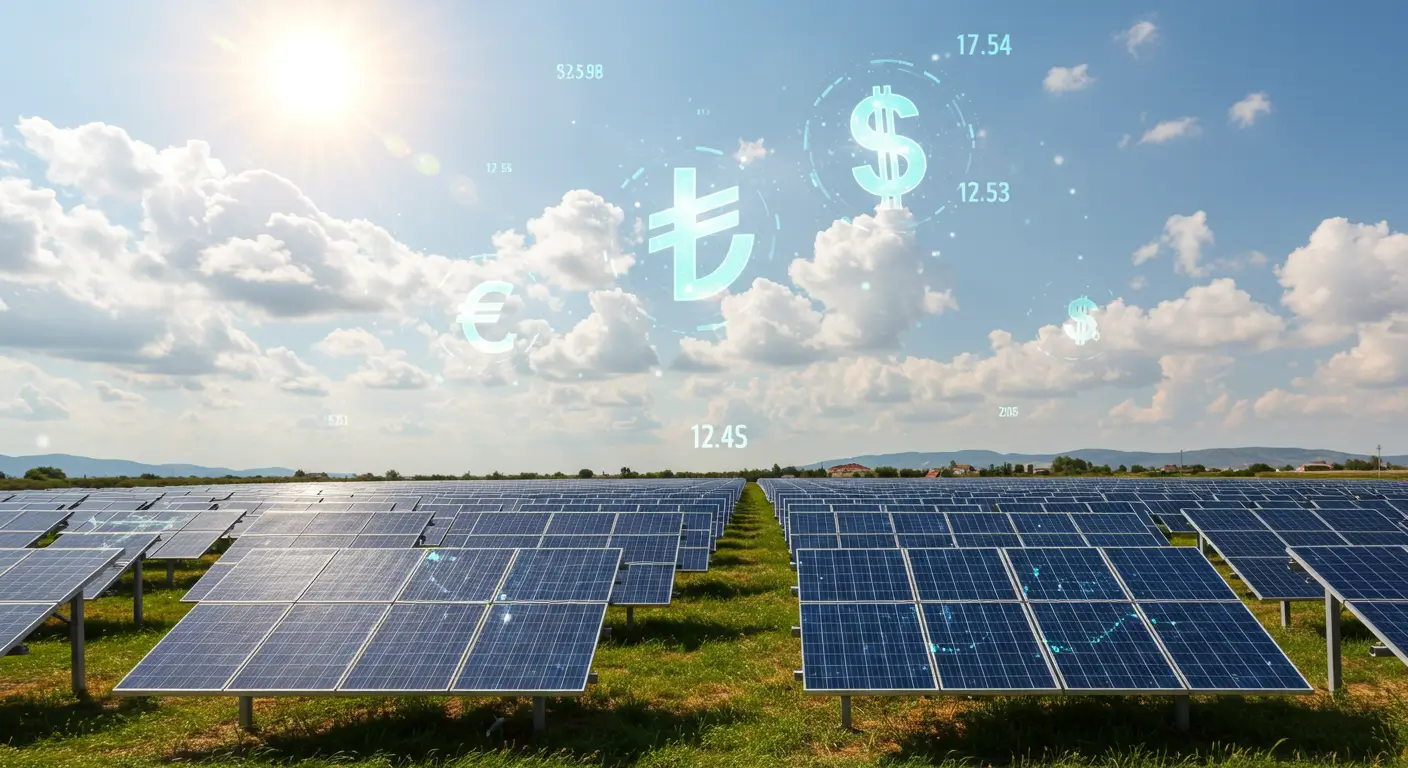
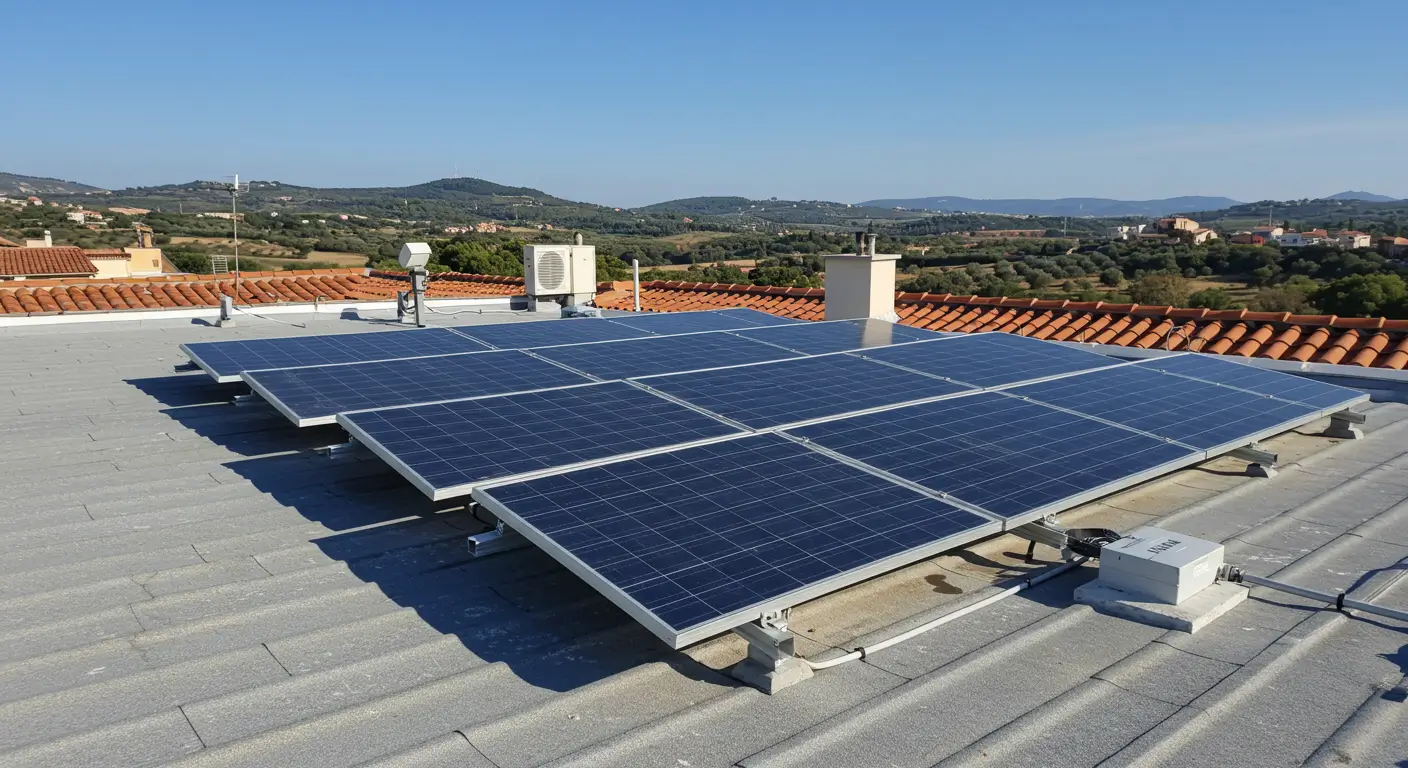
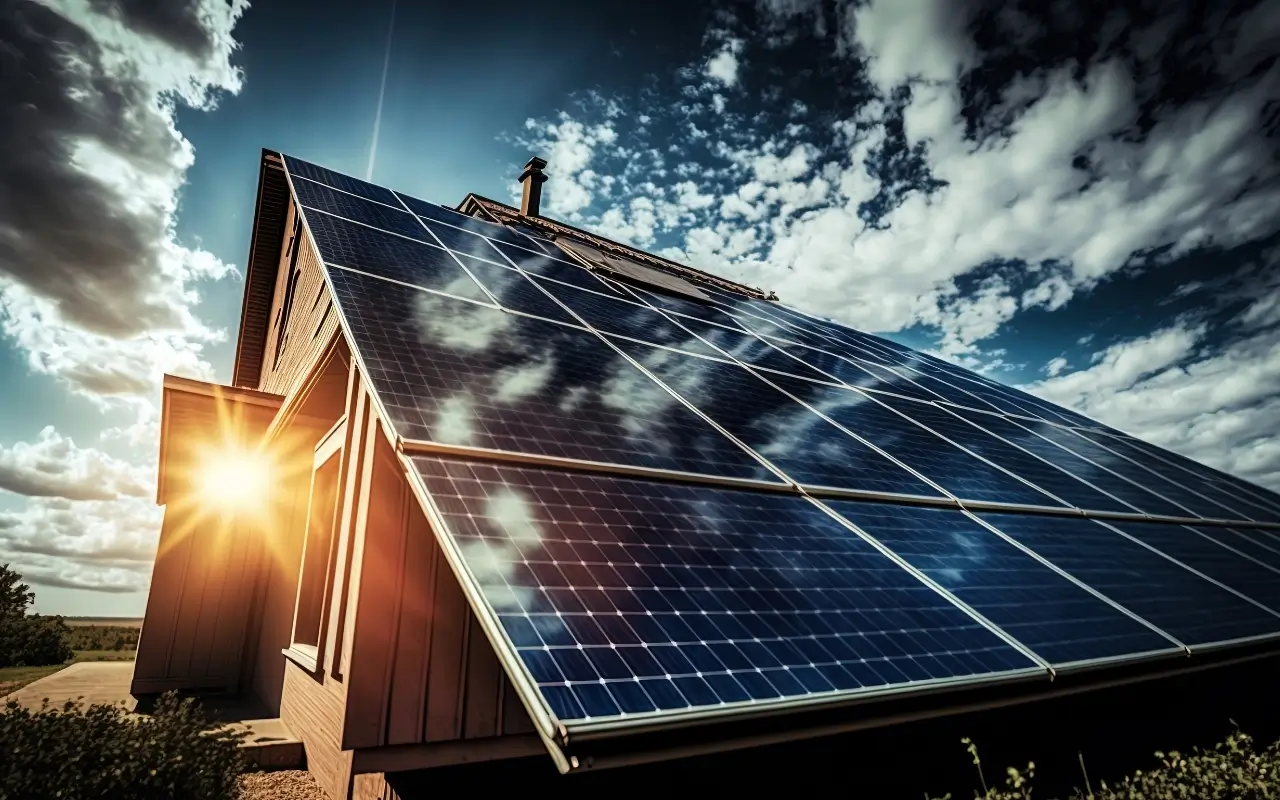
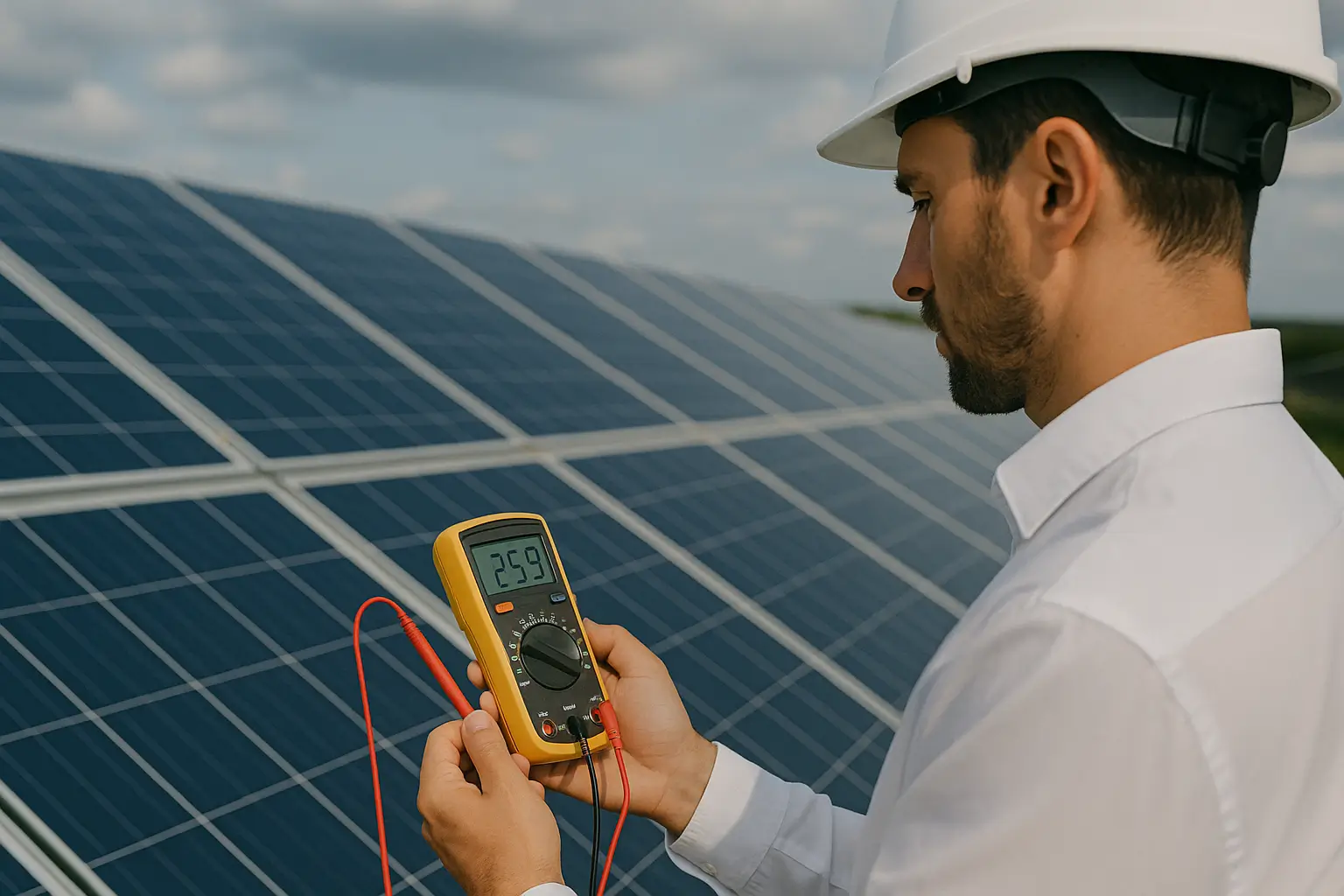
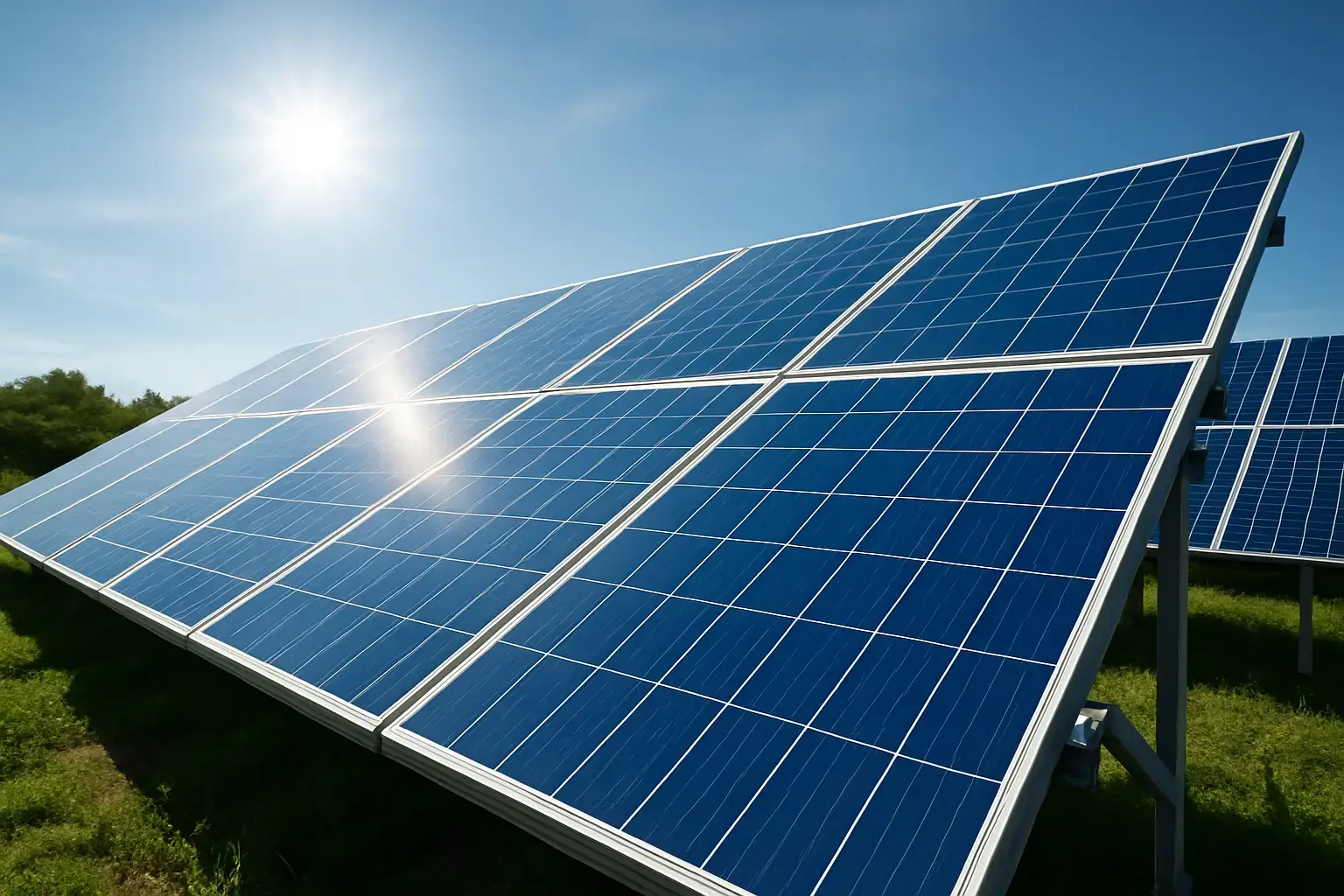

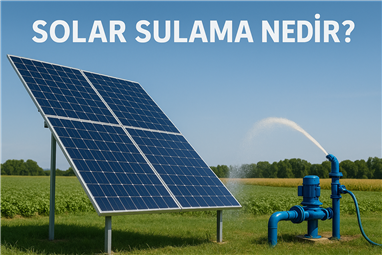
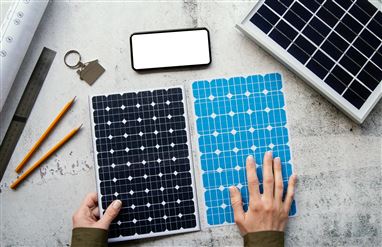

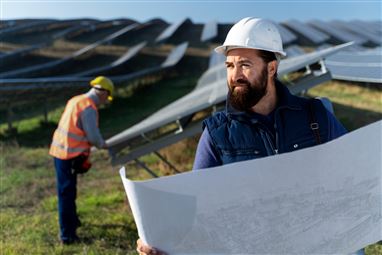
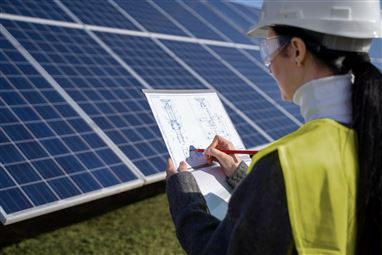
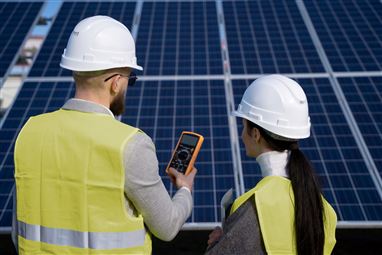
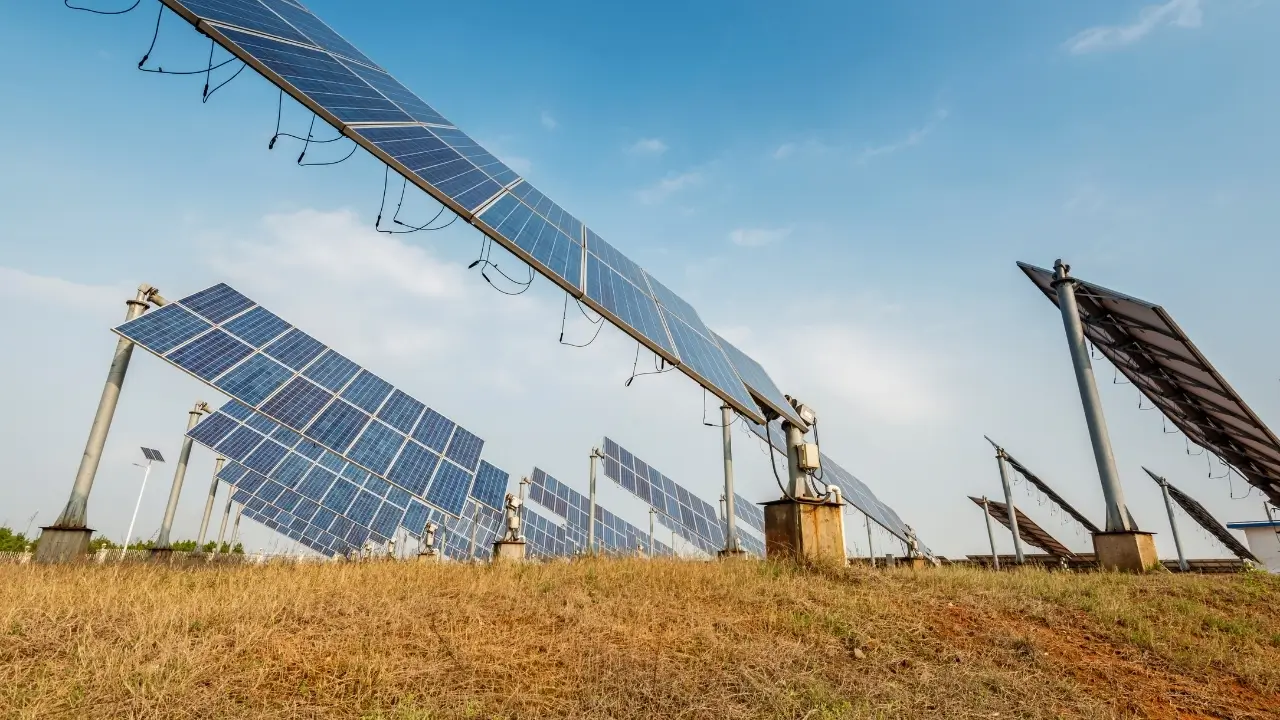
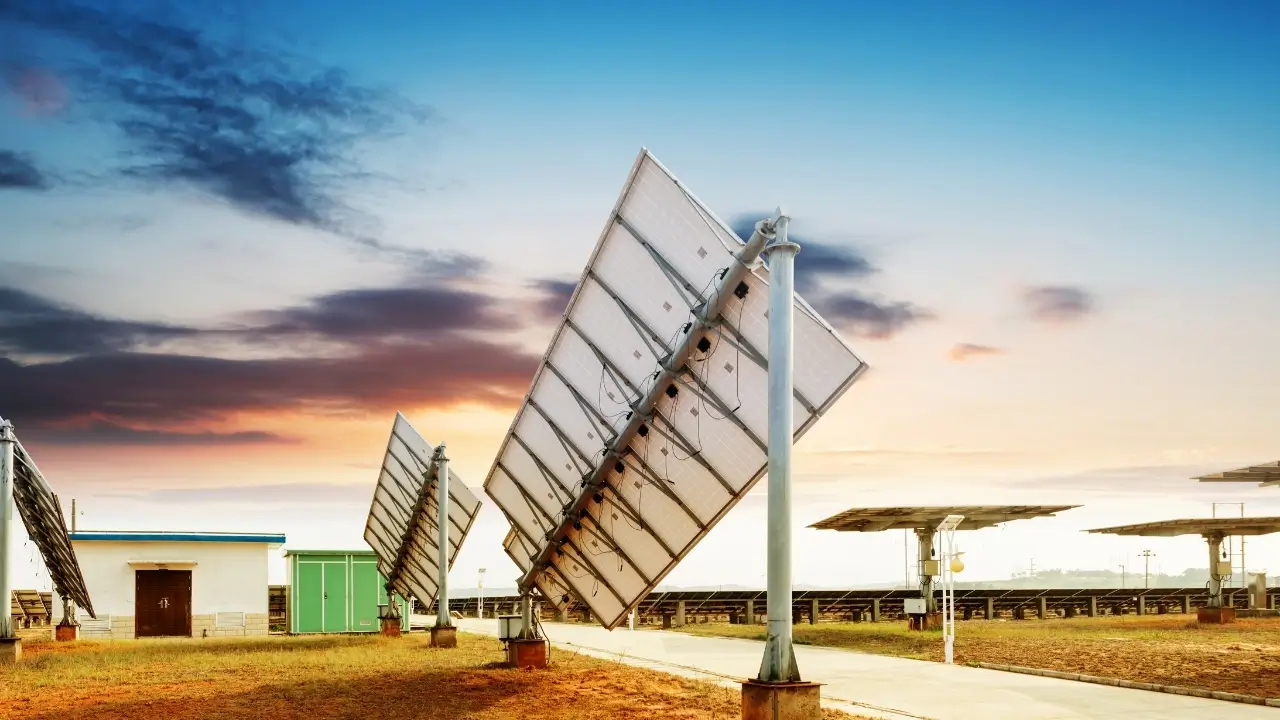
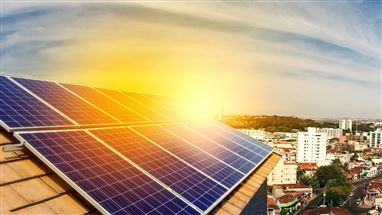
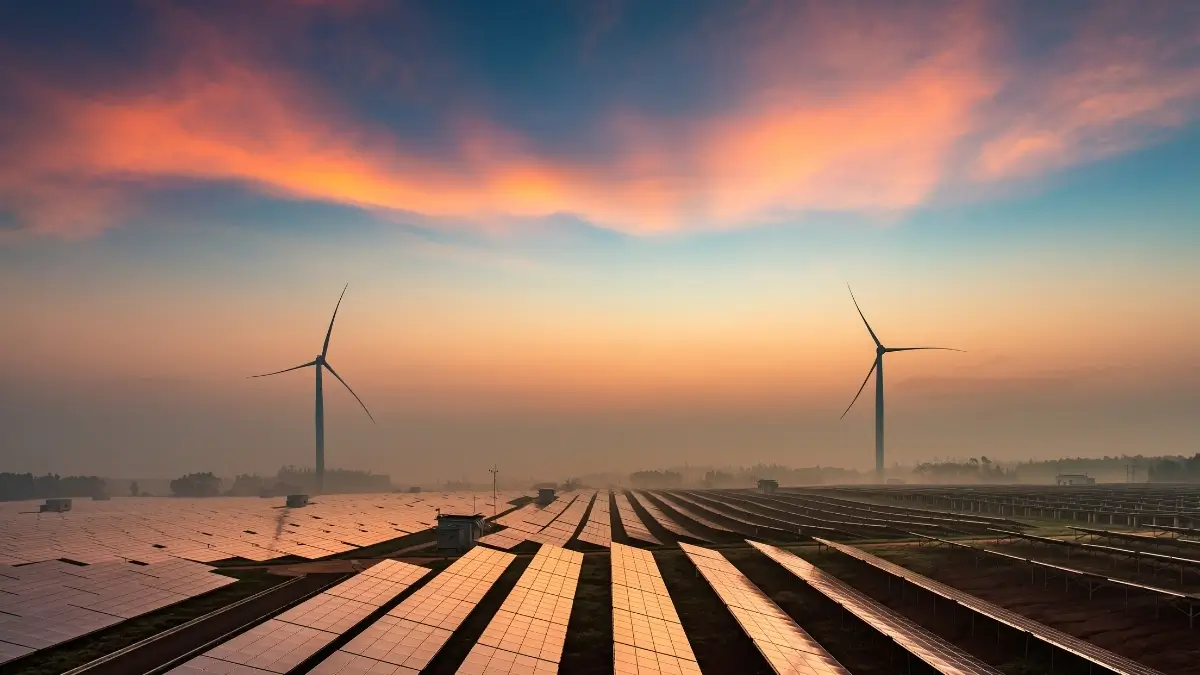
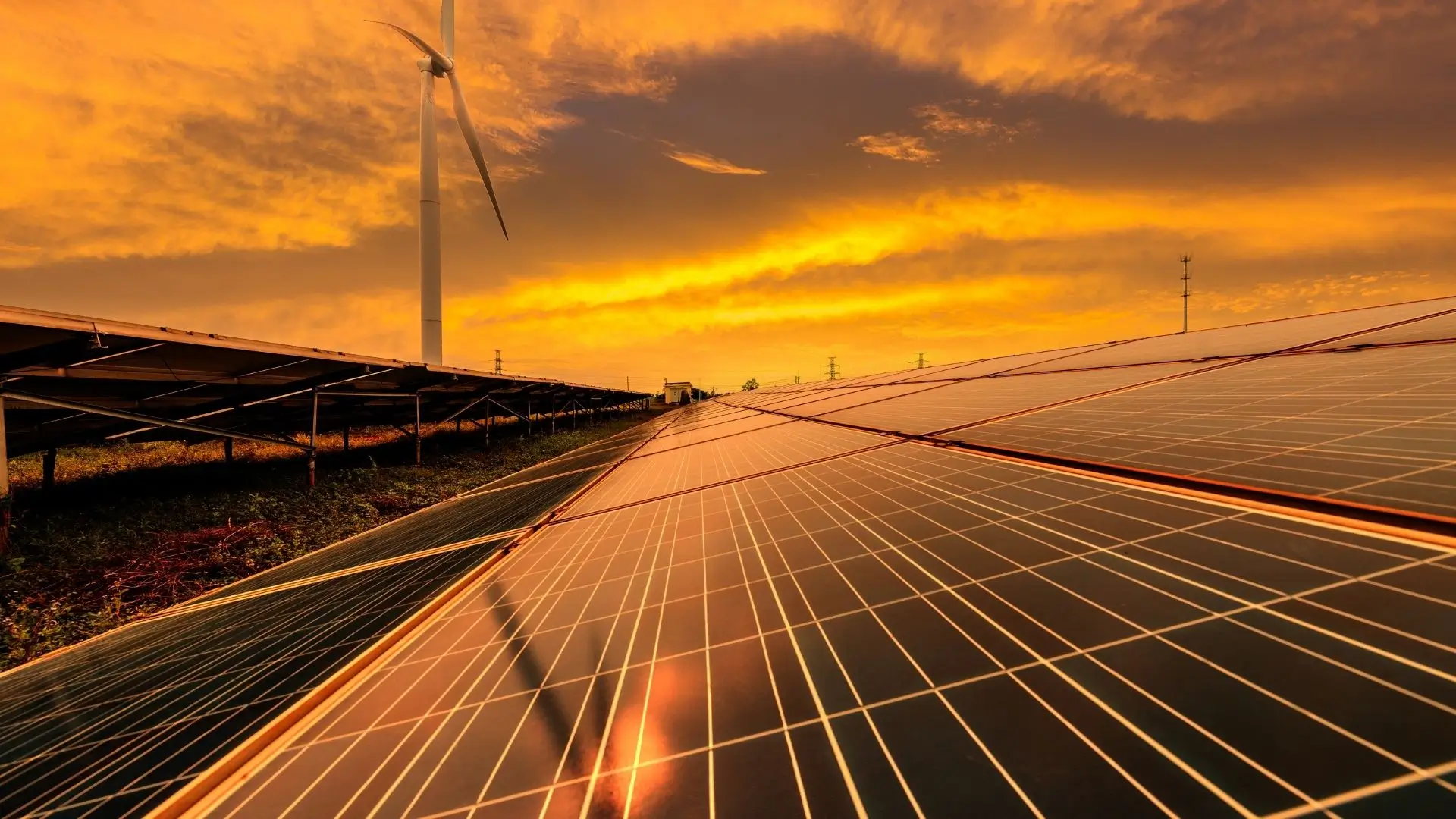
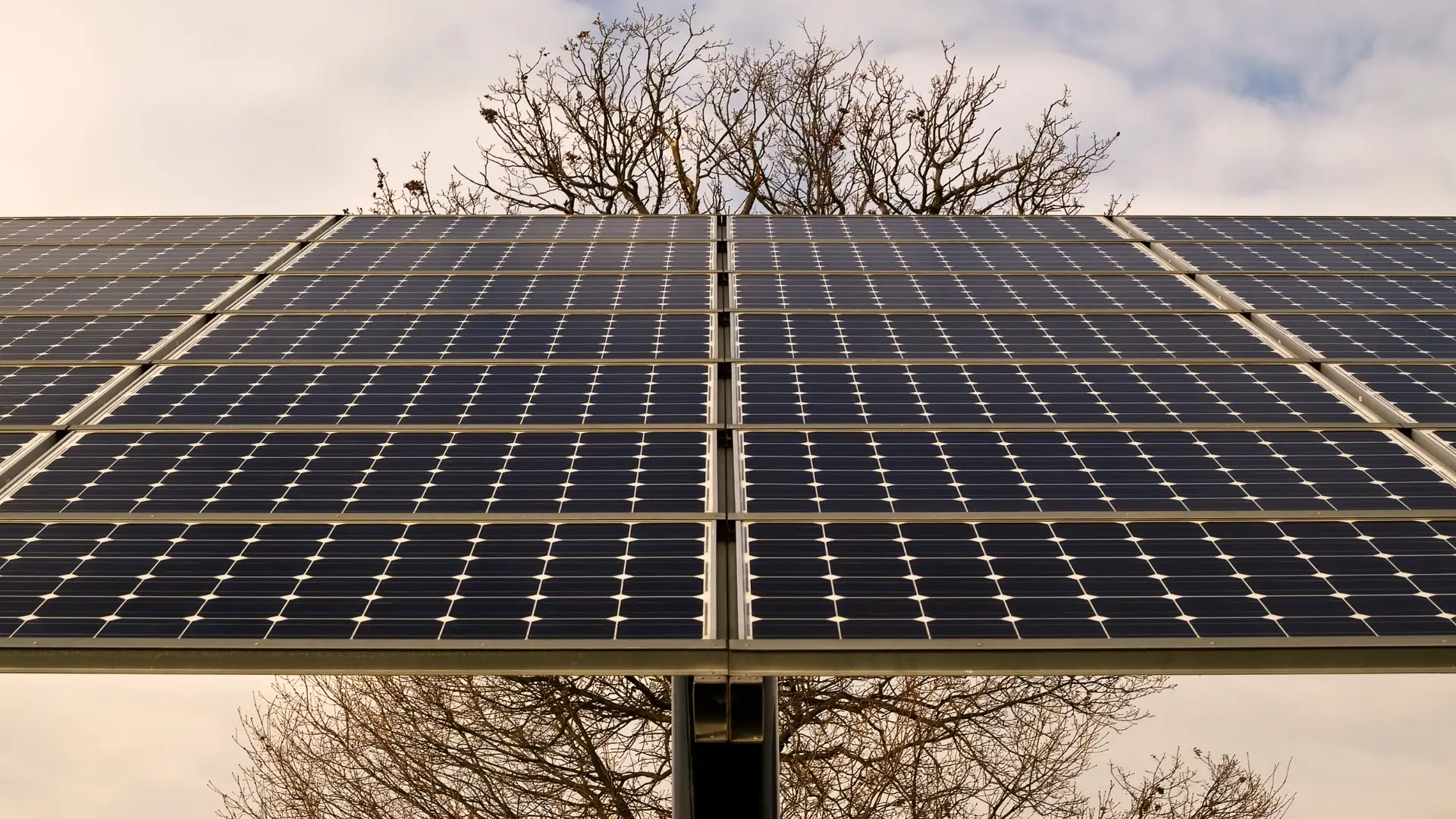
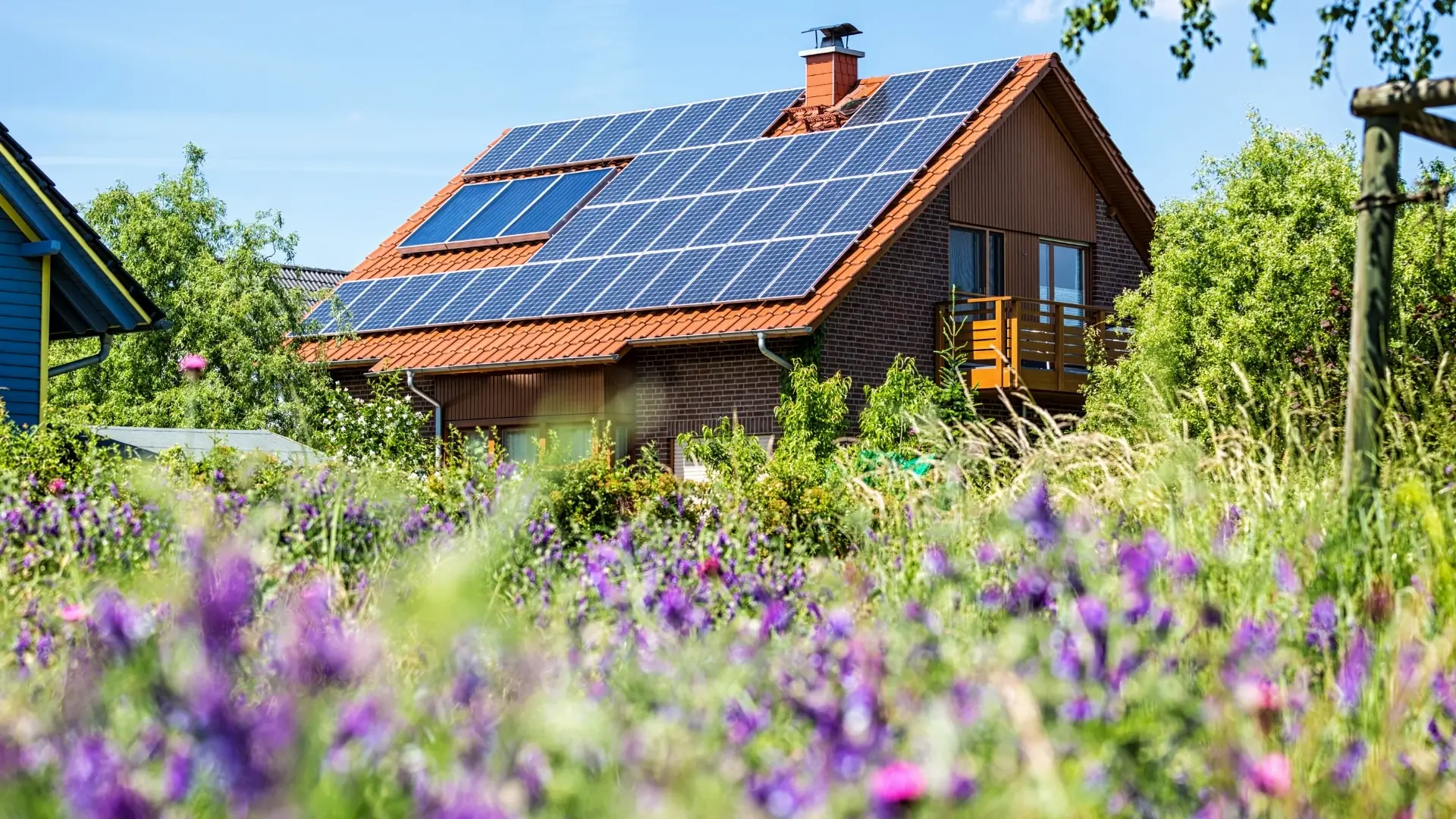
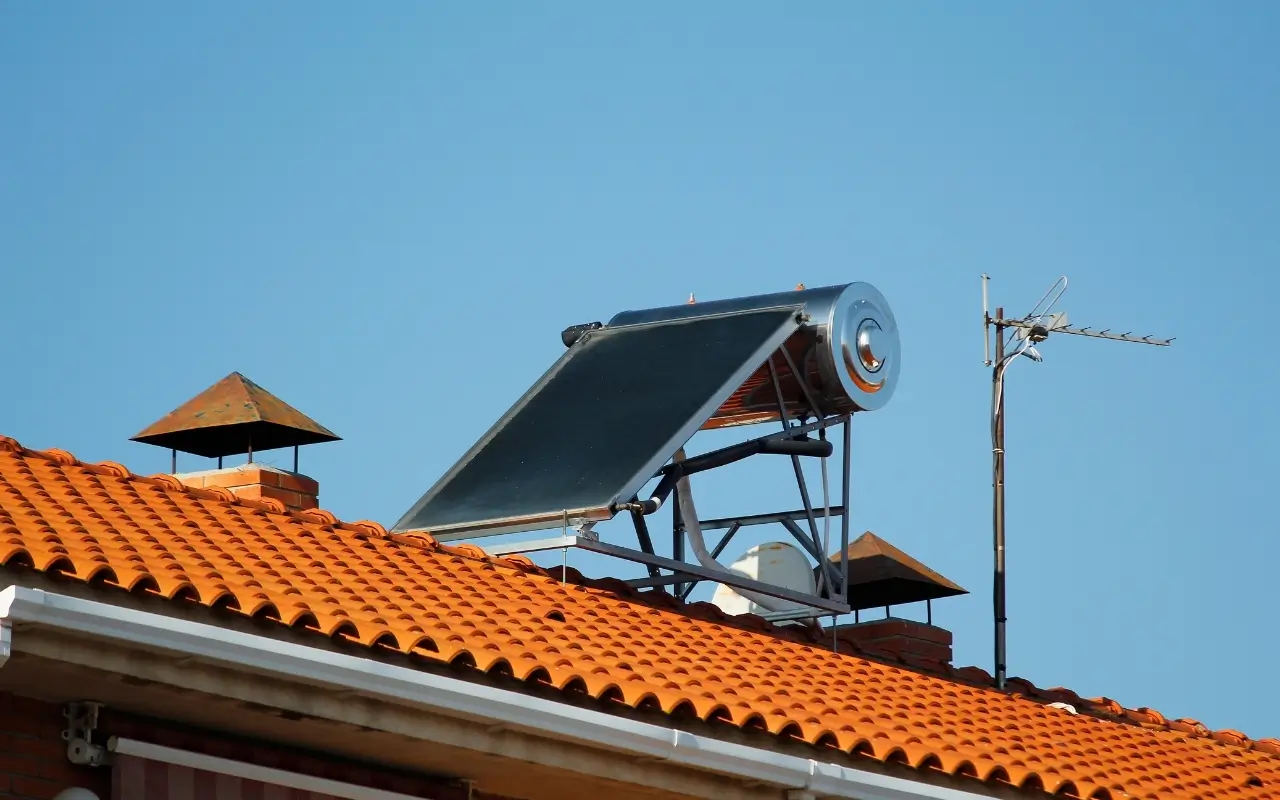
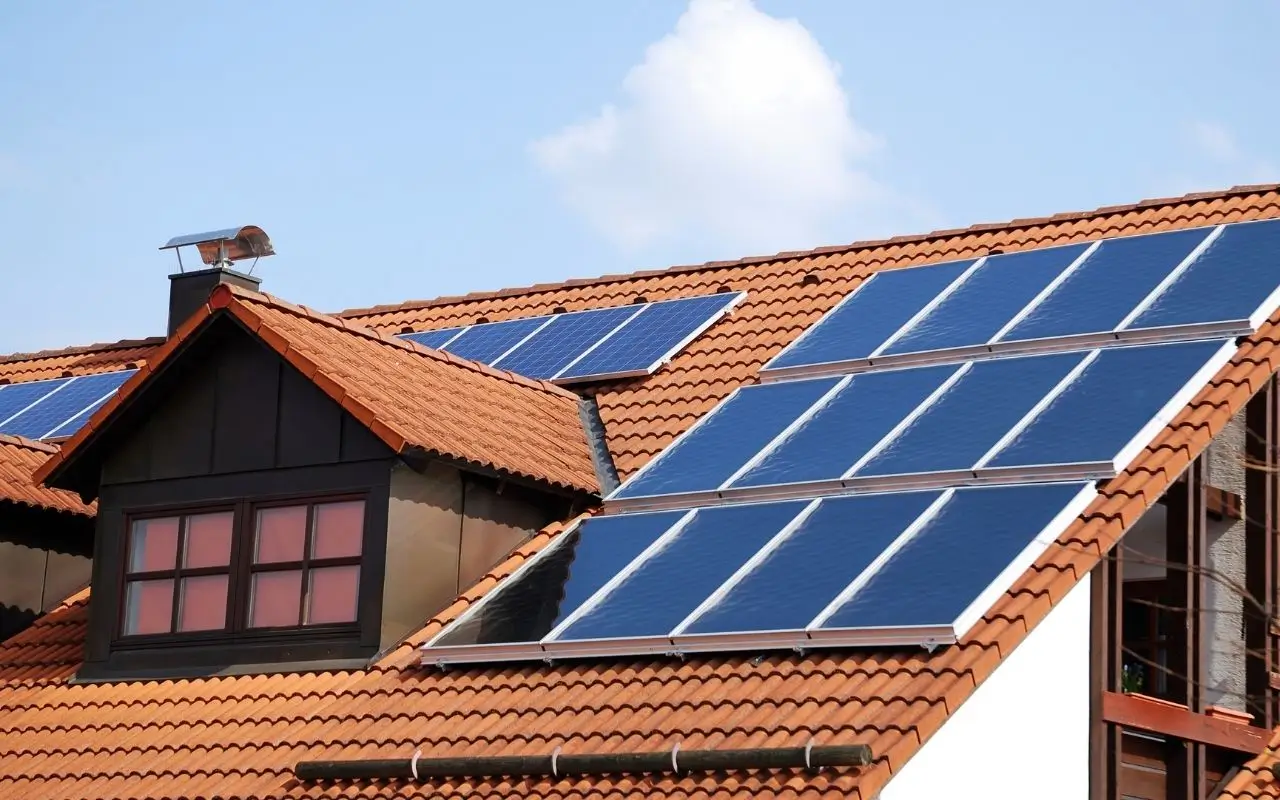
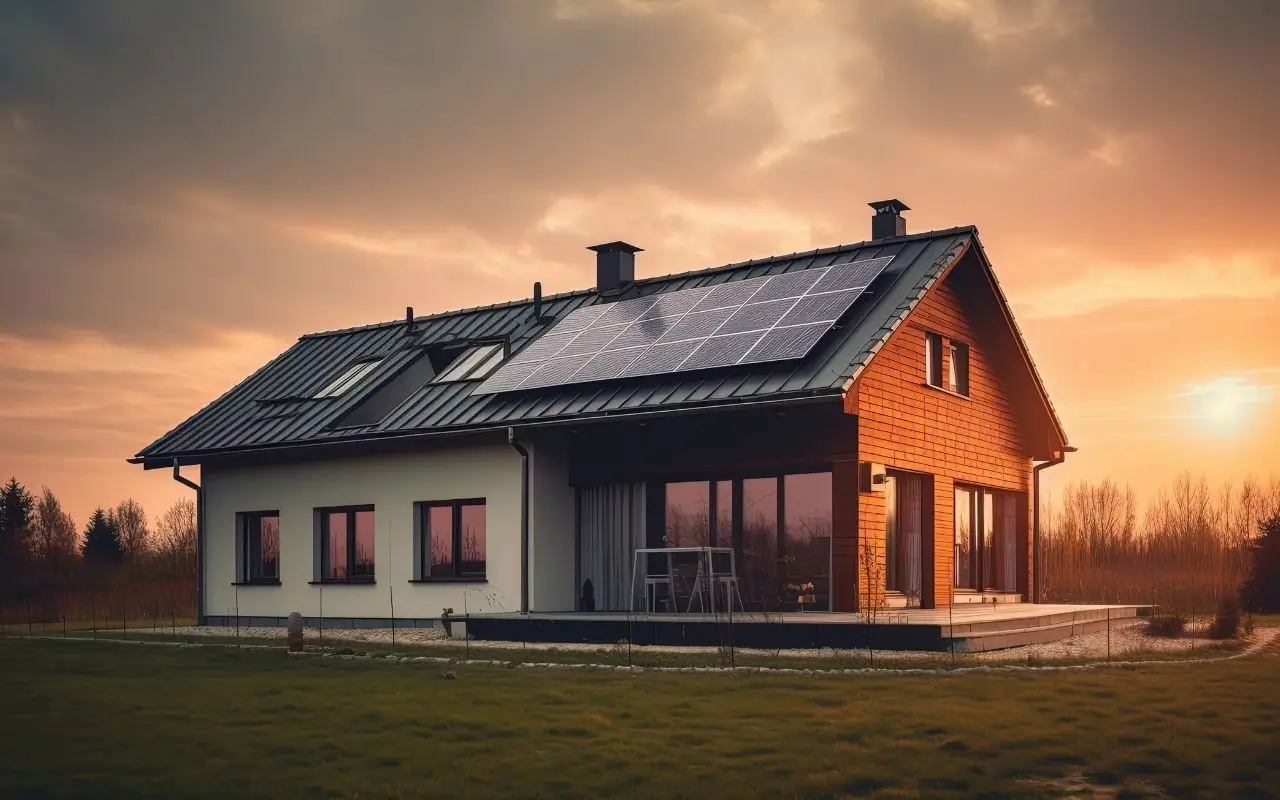
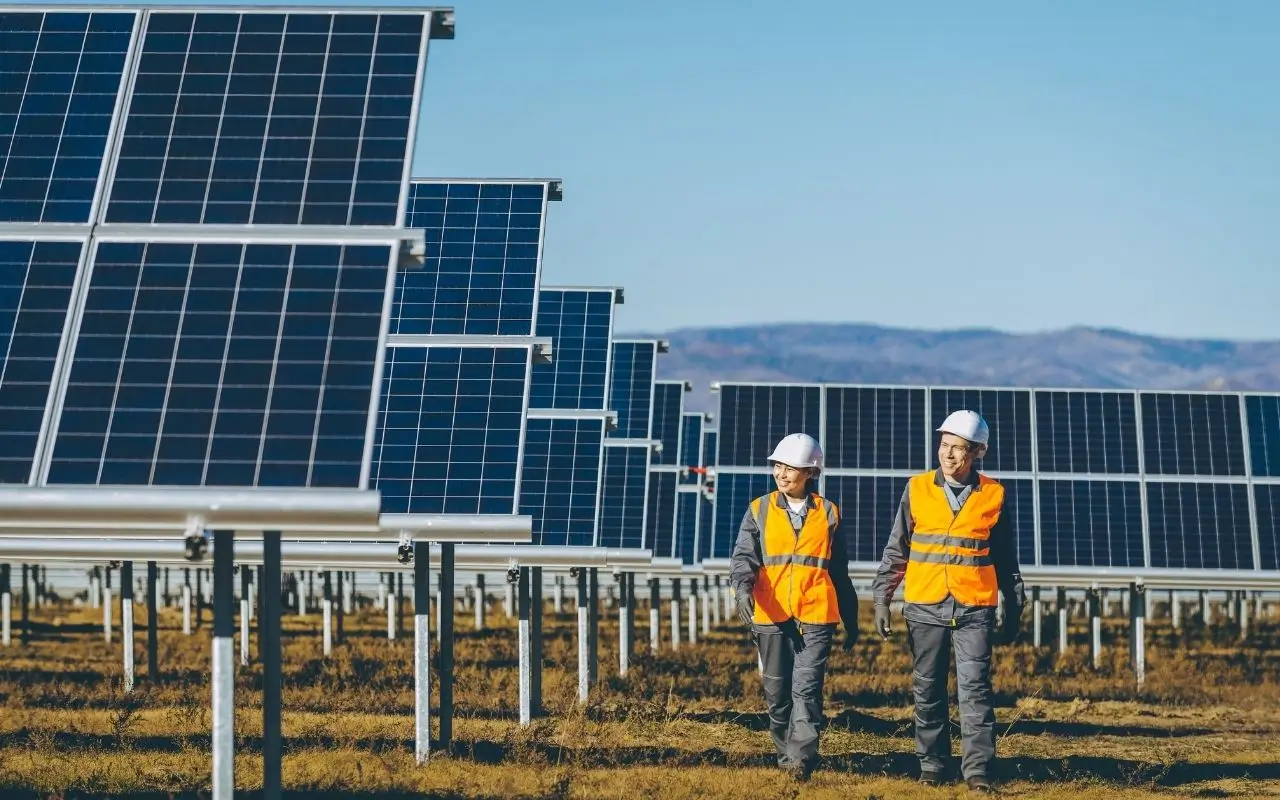
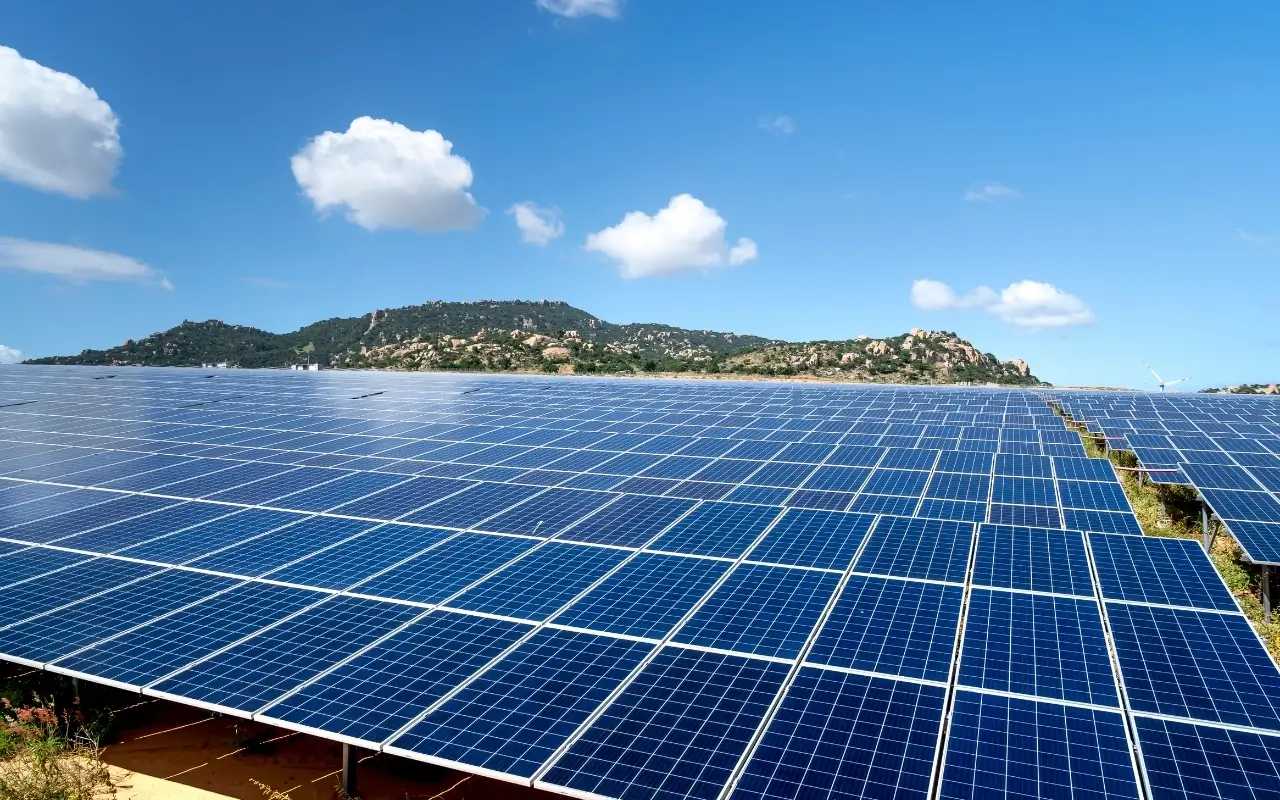
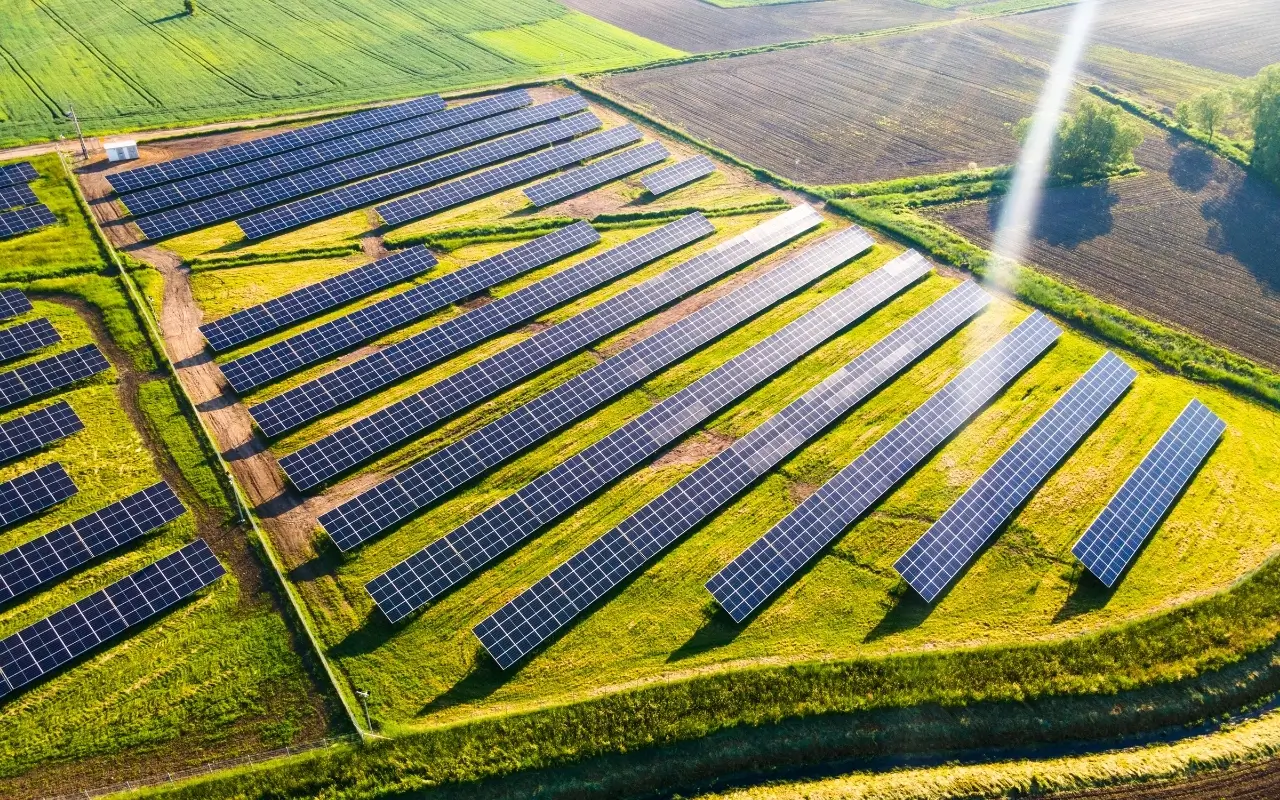
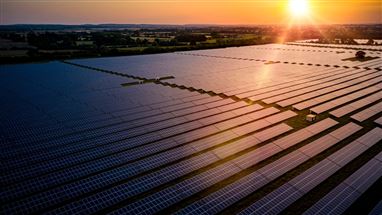
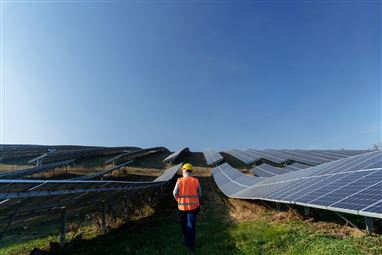
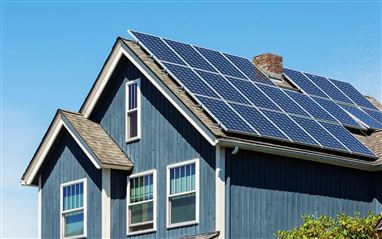
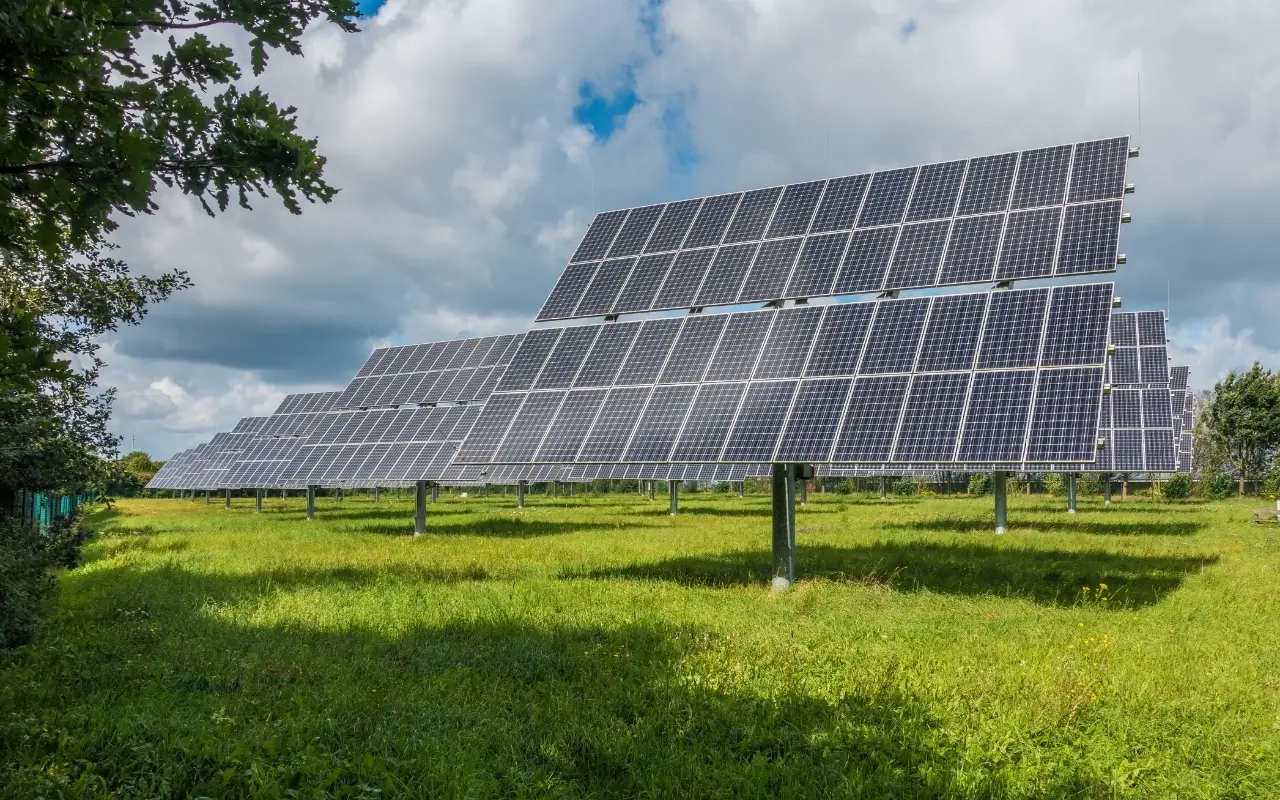
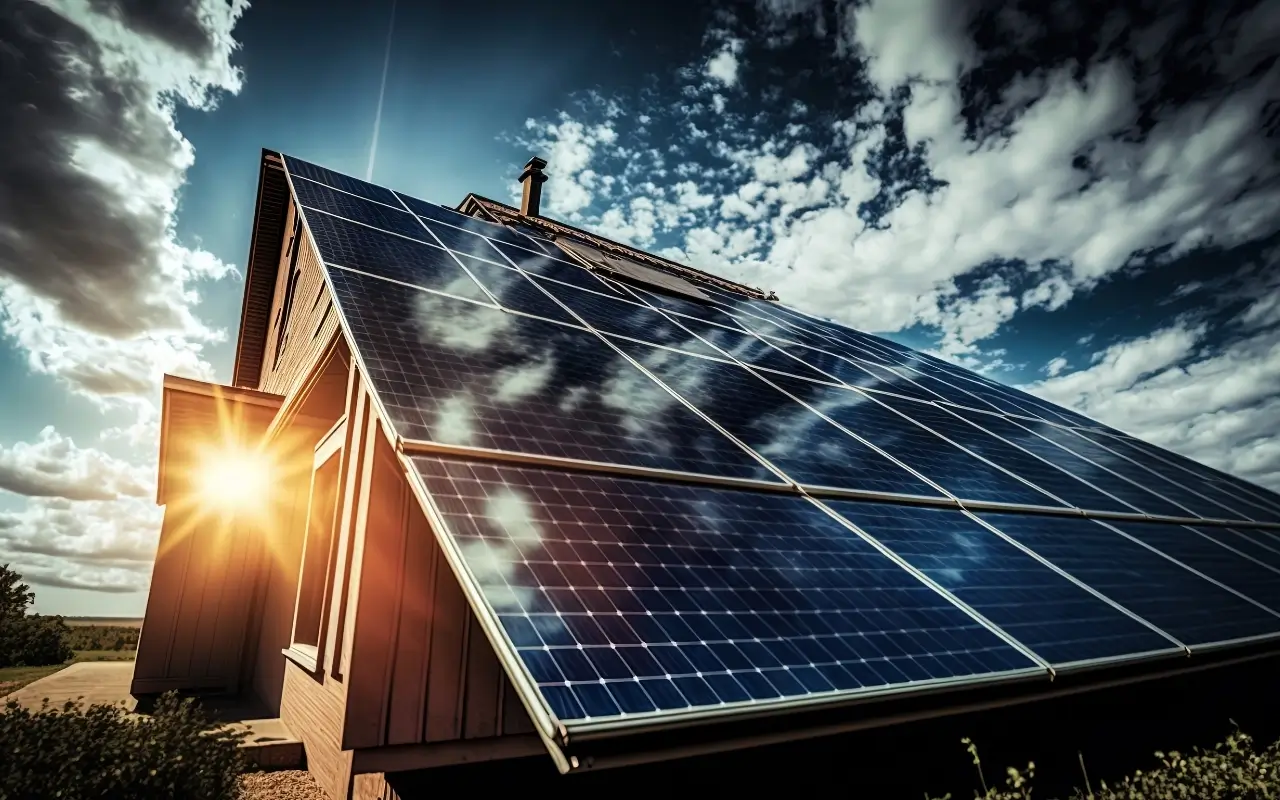
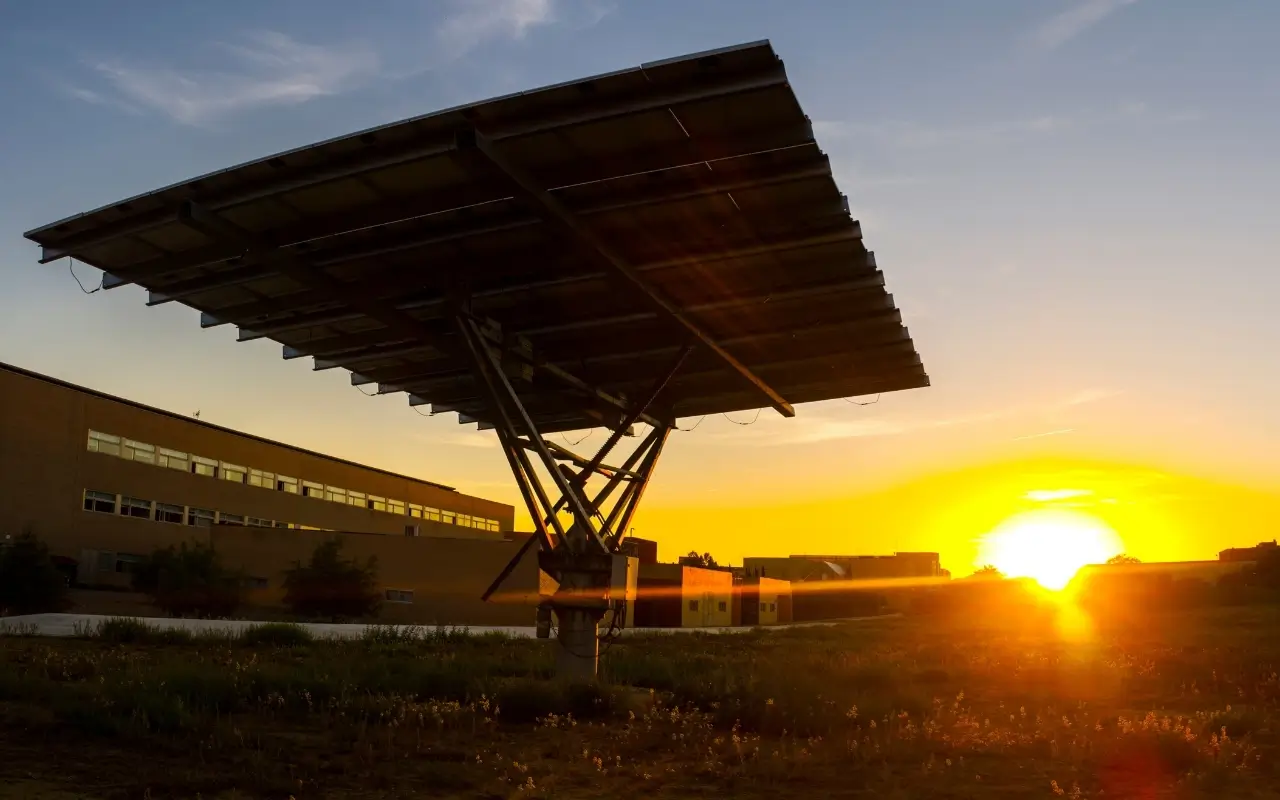
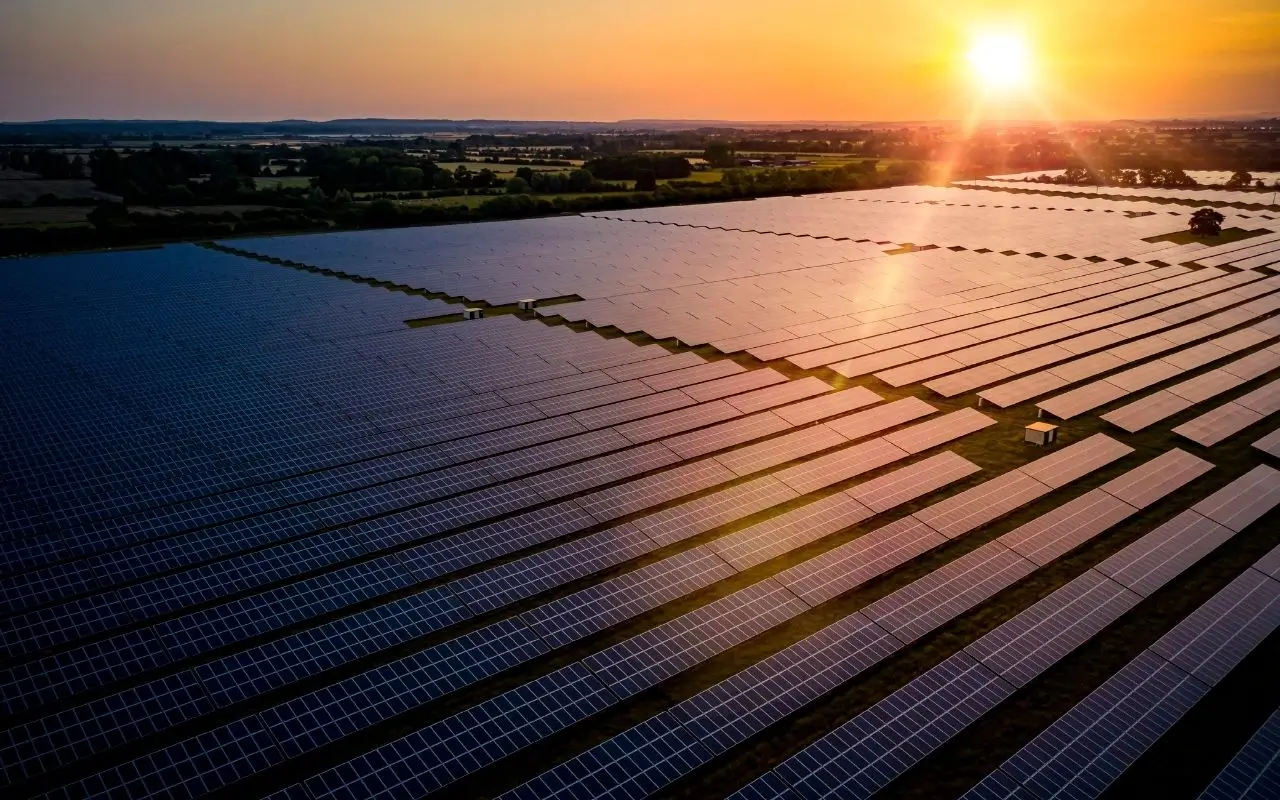
Do Comment